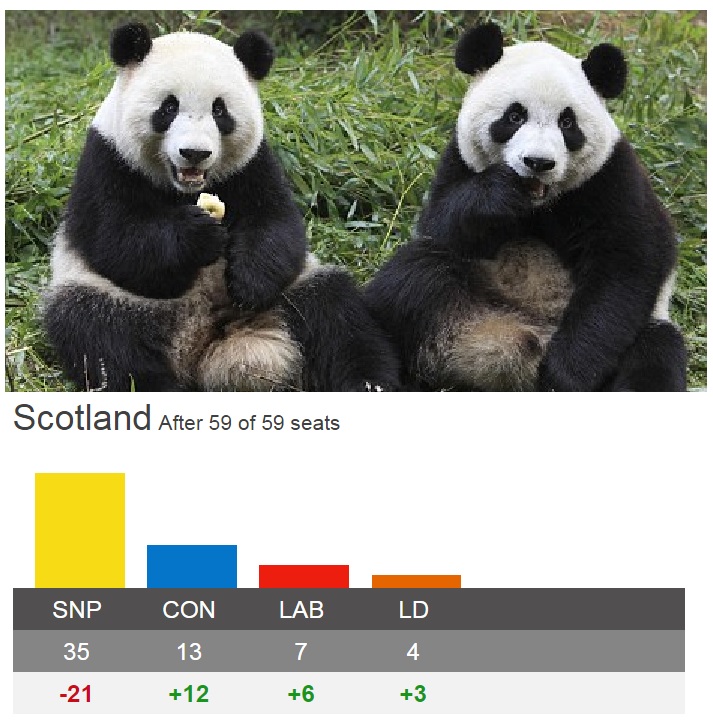 Dr Andre Barrinha, Senior Lecturer in Politics & IR at Canterbury Christ Church University, comments on the outcome the UK General Election.
Dr Andre Barrinha, Senior Lecturer in Politics & IR at Canterbury Christ Church University, comments on the outcome the UK General Election.
Another election, another remarkable night of political drama. Whilst much is still to be decided, there are three important lessons that we can take from yesterday’s election:
Never kick an underdog. It’s a fact of life: the British electorate does not like to be told what to do. Nobody does, but in the UK that can be very costly when it comes to Election Day. They did not like to be told to vote to stay in the EU and they certainly did not appreciate Theresa May’s call for what she was expecting to be a lap of honour. Up in Scotland, Nicholas Sturgeon might have just learned that hubristic behaviours should not be repeated.
The first past the post system is broken. If it is confirmed that Conservatives and Labour are split by around two points, then the difference of over 50 seats between them is a clear sign of a system that does not adequately represent people’s views. A similar case could be made for the UKIP results in 2015. The poisonous chalice that was the 2011 Alternative Vote referendum did not allow for a serious conversation on the benefits of other voting systems. Given that there are five different voting systems in use in the UK, tradition or cultural specificity can no longer be seen as an argument.

Ruth Davidson stole the show. Regardless of one’s political views, the leader of the Conservative party in Scotland managed what most people would find impossible two years ago: to have more MPs in Scotland than panda bears in the Edinburgh zoo. From today, there will be 13 Conservative MPs (whereas the number of panda bears did not increase last night, and will therefore, remain at two). By accomplishing such a feat, Ruth Davidson seriously damaged Nicholas Sturgeon call for a second referendum and, most importantly, made it possible for Theresa May to form a government.
 Politics
Politics Anna Vanaga
Anna Vanaga 1019
1019

